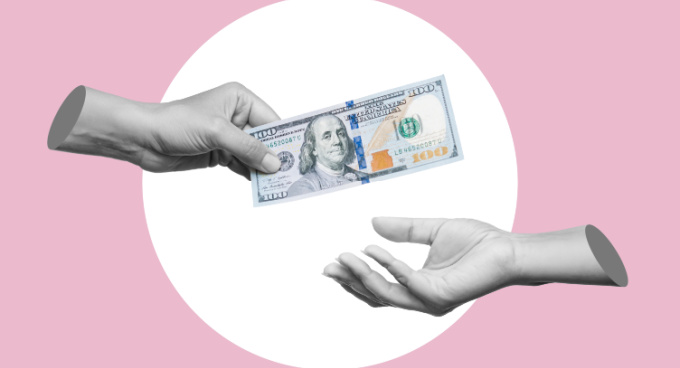A Game-Changer for Business Payment Reporting: What the OBBB Act Means for You
 Posted by Kevin Smeader on August 04, 2025
Posted by Kevin Smeader on August 04, 2025
The landscape of business payment reporting is about to shift dramatically, thanks to a new law that modernizes decade-old IRS requirements. The One, Big Beautiful Bill (OBBB) Act introduces a long-awaited update that will significantly ease the reporting burden for businesses, especially small ones.
What’s Changing?
Starting with payments made in 2026, the threshold for reporting certain business payments will rise from $600 to $2,000. And beginning in 2027, that threshold will be adjusted for inflation, ensuring it stays relevant in today’s economy.
The Current Rule: A $600 Threshold Since the 1950s
For years, businesses have been required to file Form 1099-NEC (and previously 1099-MISC) for payments to independent contractors exceeding $600 annually. This same threshold applies to
Form 1099-MISC for payments like rents, prizes, and legal fees.
Here’s a quick breakdown of current deadlines:
- Form 1099-NEC: Must be filed with the IRS and sent to the recipient by January 31.
- Form 1099-MISC: Must be sent to the recipient by January 31. Filing deadlines vary:
- Paper filing: Due by February 28
- Electronic filing: Due by March 31
The New Rule: A $2,000 Threshold
Under the OBBBA, the reporting threshold increases to $2,000, which means:
- Fewer 1099 forms will need to be issued.
- Reduced paperwork and administrative costs.
- Better alignment with inflation and today’s economic realities.
Example: If your business pays a freelance graphic designer $650 in 2025, you’ll need to issue a 1099-NEC. But if you pay the same designer $1,950 in 2026, you won’t need to issue a 1099 in 2027.
Important Reminder: Income Is Still Taxable
Even if a contractor doesn’t receive a 1099 due to the new threshold, the income is still taxable. Contractors must report all business income on their tax returns, and businesses must continue to maintain accurate records of all payments.
Changes to Form 1099-K
The OBBBA also rolls back recent changes to Form 1099-K, which is used by third-party payment processors. The threshold returns to $20,000 and 200 transactions, reversing the downward trend toward a $600 threshold introduced by the American Rescue Plan Act of 2021.
What This Means for Businesses
This update brings simplicity and relief to millions of businesses:
- Less paperwork.
- Lower risk of IRS penalties for missed filings.
- More time to focus on growth and operations.
Need help navigating the new rules or understanding your filing requirements? Reach out to our team, we’re here to help you stay compliant and confident.


